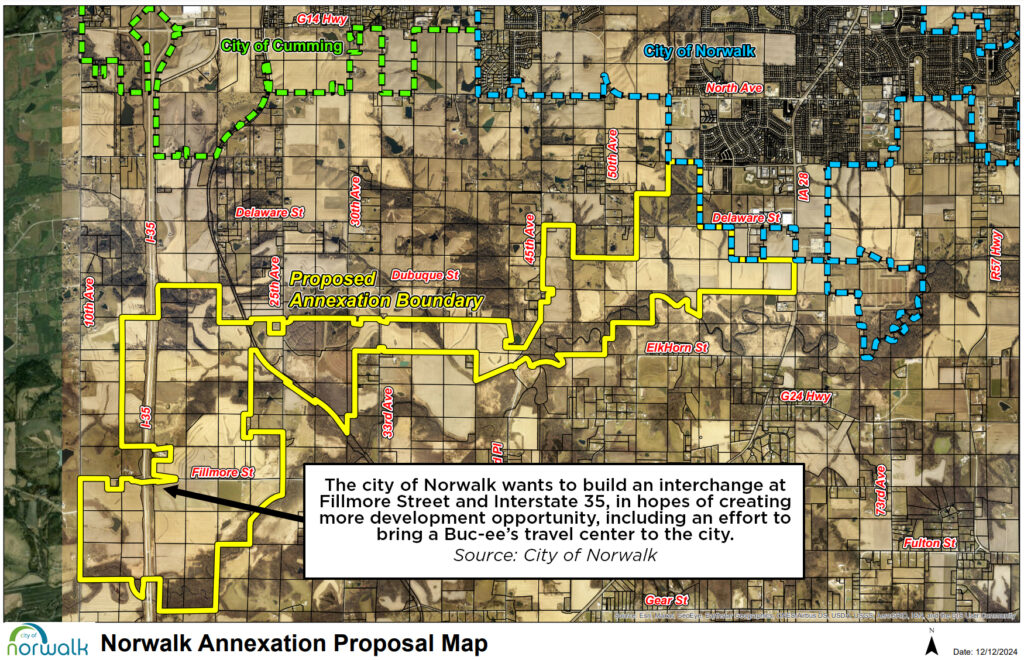ISU receives $9.6 million to improve diversity in STEM academic programs

Iowa State University today announced it has received nearly $9.6 million in funding from the National Science Foundation to improve diversity in both the professional STEM (science, technology, engineering and math) workforce and academia.
The largest award, $5 million, goes to the Louis Stokes Alliances for Minority Participation. Iowa State leads the Iowa-Illinois-Nebraska STEM Partnership for Innovation in Research and Education (IINSPIRE), an LSAMP alliance of 16 institutions focused on increasing the quality and quantity of students successfully completing undergraduate STEM programs and increasing the number of underrepresented students who pursue graduate degrees.
“The ultimate goal of LSAMP is to increase the number of students who earn doctorates in STEM fields, particularly those from underrepresented populations,” said Diane Rover, a professor of electrical and computer engineering. “We will be focused on expanding inclusive mentoring and teaching practices, providing high-impact educational experiences, and helping students gain confidence through undergraduate research and professional development activities.”
Additionally, the NSF granted $4 million to Iowa State’s S-STEM program, which provides financial support to help low-income, academically talented students obtain STEM degrees and enter the workforce or graduate study. Iowa State’s S-STEM initiative, ECSEL (Electrical, Computer, and Software Engineers as Leaders) is a partnership between the Department of Electrical and Computer Engineering, Program for Women in Science and Engineering, Des Moines Area Community College and Kirkwood Community College.
The S-STEM initiative will fund 582 scholarships over the next five years for students majoring in or preparing to transfer into electrical engineering, computer engineering, and software engineering, as well as implement a student experience model to help participants thrive and succeed in their degree programs.
“One area where we will be particularly focused is on creating opportunities for women, to address their underrepresentation in the electrical engineering and information technology workforce,” said Joe Zambreno, associate professor of electrical and computer engineering. “We also look forward to working with DMACC and Kirkwood on cybersecurity education, a significant strength of Iowa State, and a high-demand field for both working professionals and graduate students.”
Two smaller grants will be used for programs to encourage underrepresented graduate students to complete their degrees and advance into academic careers in STEM. The Alliance for Graduate Education and the Professoriate received $564,000 and NSF INCLUDES (Inclusion Across the Nation of Communities of Learners of Underrepresented Discoverers in Engineering and Science) received $16,000.
“Underrepresented graduate students often lose interest in faculty careers due to a non-inclusive climate in their academic departments,” said Craig Ogilvie, Morrill Professor and assistant dean of Iowa State’s Graduate College. “By working and sharing best practices with our partners in (the Center for the Integration of Research, Teaching, and Learning Network), we hope to increase students’ sense of community and belonging, and sustain their interest in academic careers after graduation.”










